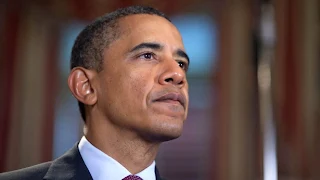Al Jazeera: Must do better
Friday, January 18, 2013
No comments
AL JAZEERA, the Qatari satellite television network that revolutionised Arab news coverage a decade ago, has long defied its critics. No other network has seen its bureaus both bombed by the American air force and torched by Egyptian revolutionaries. None has been damned by so diverse a range of governments and politicians. Libya’s Muammar Qaddafi blasted it for fomenting revolution. Syria’s embattled regime accused it of building Potemkin sets of Syrian cities to stage fake anti-government protests. And Al Jazeera was recently described on Fox, a rival American news network, as an “anti-American terror mouthpiece”.
Since launching a 24-hour Arabic satellite news channel in 1996, Al Jazeera has added others devoted to sports, documentaries, local news and children’s programmes, as well as a widely admired English-language current-events channel. Although Al Jazeera English is popular in the State Department cafeteria in Washington, the network’s unfair notoriety as a supposed promoter of jihadism has largely shut its channels out of the broader American market. But its recent purchase of Current TV, a cable network partly owned by Al Gore, a former vice-president, for a reported $500m may extend its footprint to 40m American households, paving the way to launch another dedicated local service, Al Jazeera America.




































